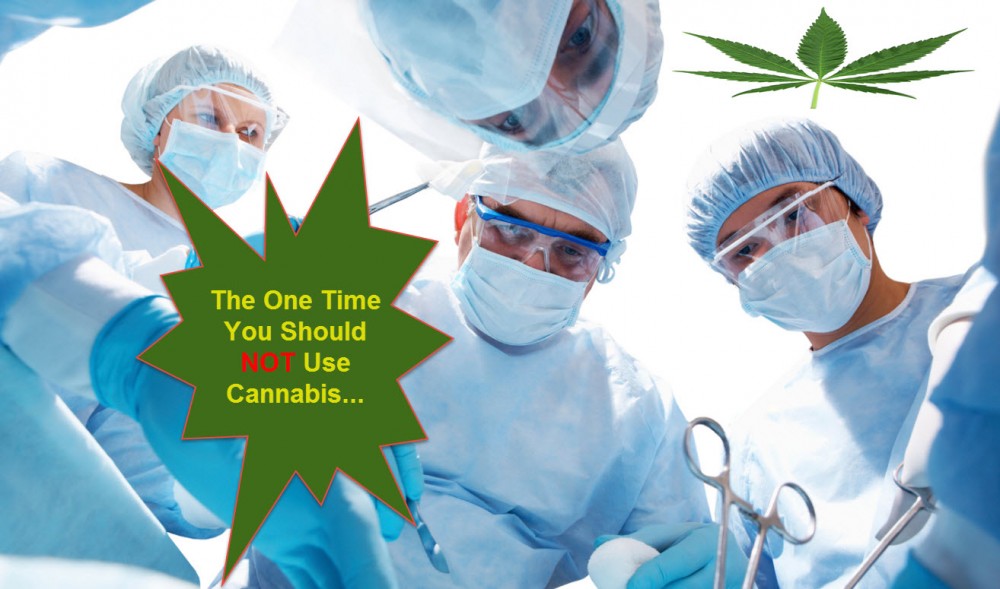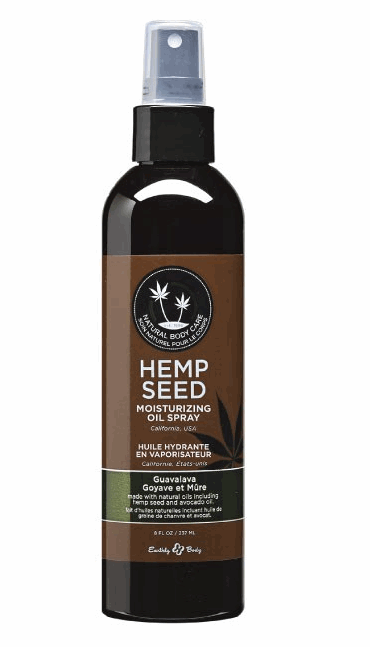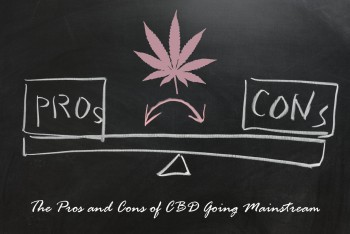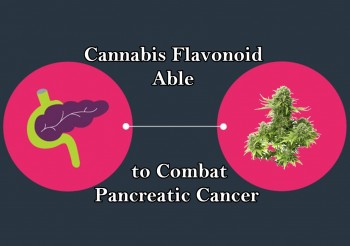Cannabis and Hempseed Oil for Post Op Surgical Care
Cannabis is a proven natural remedy for pain caused by almost anything. Its analgesic properties are virtually unmatched in the natural world; no other plant-based medicine works as well as cannabis in alleviating mild to chronic pain.
But many people still don’t realize that cannabis can also come in handy for nerve damage and pain that occurs after major surgery. Cannabis has been used since ancient times to treat burns and wounds, but it’s still greatly underutilized for its ability to aid in post-operative pain and would healing.

Historical Uses
Historical medical texts from various cultures around the world mention cannabis as an ingredient in topical preparation that were used to treat burns, scrapes, and cuts. Egyptian papyri mention topical antiseptic medications that were thought to be made from cannabis blended with fat. In the 1st century BCE, Greek writers recorded cannabis as medicine used to treat horses that suffered from sores and wounds as well as humans who suffered from nosebleeds.
In 1536, medieval French herbalist Ruellius wrote a treatise called De Natura Stirpium where he mentions that cannabis extract can be used as a treatment for ulcers and wounds. Some decades later, German botanist Tabernaemontanus suggested mixing butter and cannabis leaves as treatment for burns.
In 1649, British herbalist Nicholas Culpeper wrote that cannabis was effective in treating both burns and bleeding thanks to its antiseptic properties. In 1751, Thomas Short, a British herbalist, wrote in Medicina Britannica that preparing cannabis was useful in treating insect bites, wounds, burns, and ulcers.
Cannabis For Post-Operative Pain
A study in 2010 states that “An alarming portion of patients develop persistent or chronic pain following surgical procedures, but the mechanisms underlying the transition from acute to chronic pain states are not fully understood.” A 2014 Australian study of 1,514 patients who were using prescription opioids showed that 16% of them were replacing their medications with whole cannabis plants while 25% of them said that they would use cannabis to control their pain, if it was made available to them.
A 2007 study conducted by researchers at the London’s University College Analgesia Center analyzed participants who were administered with 12mg of cannabinor, a molecule similar to cannabinoids that also binds to the body’s CB2 receptors in the immune system. The researchers found that using cannabinor resulted in a “statistically significant decrease in patients’ overall pain versus placebo.”
Another study in the same year carried out by the San Francisco General Hospital and the University of California’s Pain Clinical Research Center was published in the journal Neurology. It revealed that inhaled cannabis was effective in greatly reducing neuropathy caused by the HIV virus compared to placebo. The researchers reported that using cannabis thrice daily was useful in reducing patients’ pain by 34%. They concluded, “Smoking cannabis was well tolerated and effectively relieved chronic neuropathic pain from HIV-associated neuropathy [in a manner] similar to oral drugs used for chronic neuropathic pain.”
Nerve damage and chronic pain are extremely common after all kinds of surgery. Cannabis has shown to be so effective as an analgesic that hospitals should seriously consider it as a natural pain killer for post-operative patients.
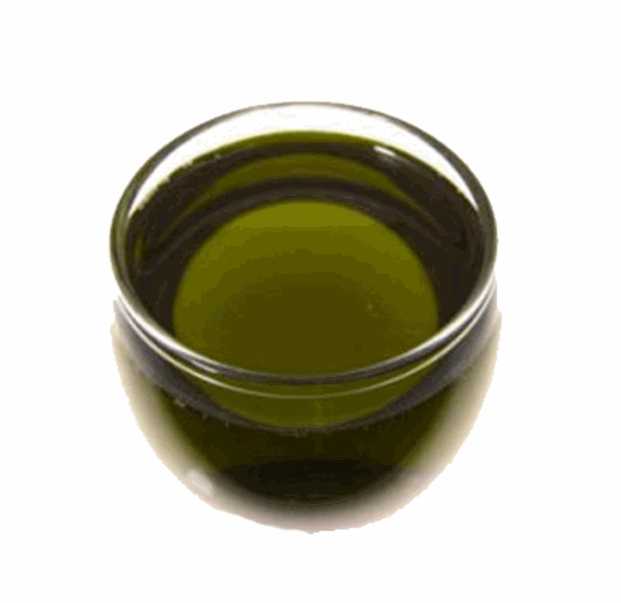
Hemp Seed Oil For Wound And Skin Healing
All the different cannabinoids in cannabis play an important role in healing every condition that the plant can heal. But while hemp seed oil contains no cannabinoids spare the residual traces, it’s been shown to be effective in the treatment of external wounds including burns and cuts thanks to its potent omega-3 and omega-6 essential fatty acids, which in hemp are potent enough for maintaining optimum human health.
There are still very little studies that prove hemp’s ability to treat topical injuries although several papers have been written on the topic of essential fatty acids aiding in the healing of wounds. One clinical trial even analyzed the effect of topically applied hemp seed oil; they concluded that it was beneficial in healing mucosal skin wounds following nose, eye, and throat surgery.
Injuries on the skin caused by burns, cuts, and lacerations even following surgery may be treated with hemp seed oil as well as cannabis preparations that utilize as many of the cannabinoids as possible.
Have you used cannabis or hemp oil in post-operative care? Share your experiences with us in the comments section!
OTHER STORIES YOU MAY ENJOY...
CANNABIS BEFORE SURGERY, DO NOT TRY IT..CLICK HERE.

